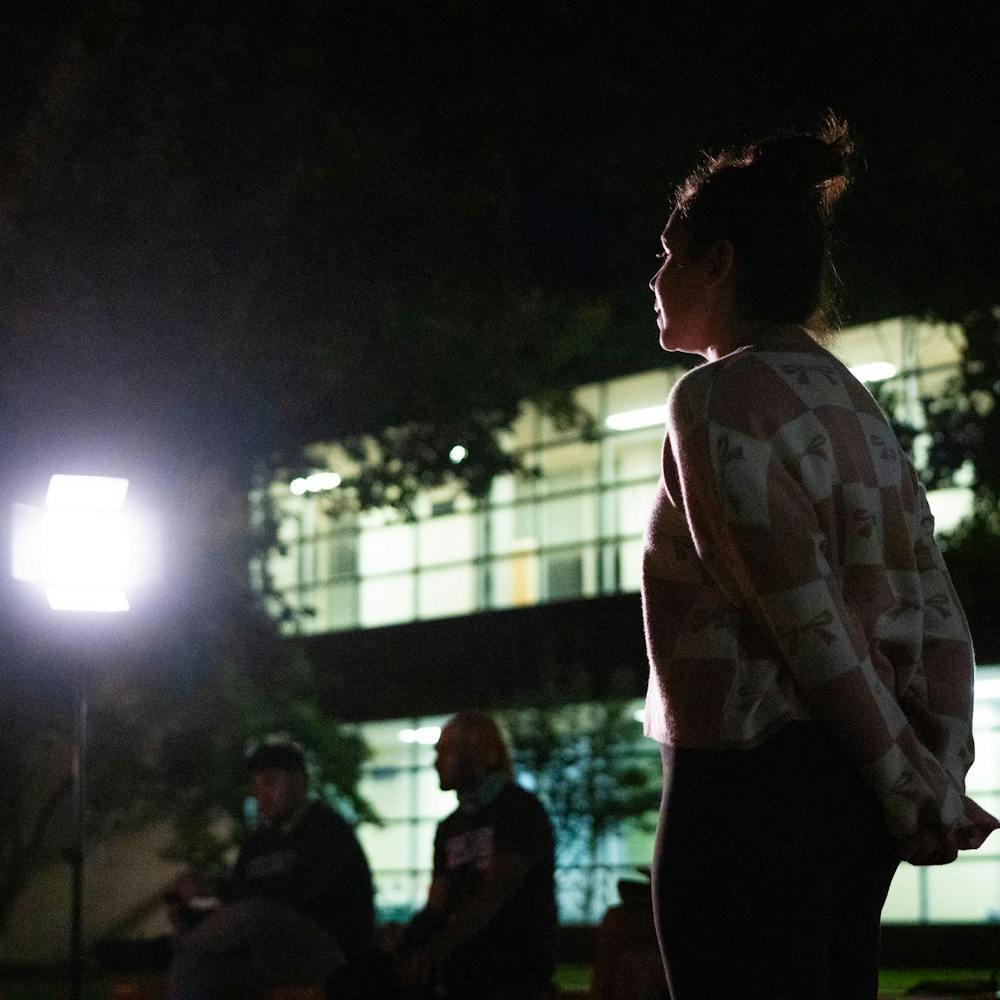What started out as a computer program for a physics class has spawned into an award-winning network with about 120 universities and high schools nationwide as members.
LearningOnline Network with CAPA, or LON-CAPA, started in 1991 when a conversation between a couple of MSU faculty members sparked the idea for an interactive learning tool for the classroom.
"We were some of the first people to do something like this online," said Guy Albertelli, specialist and technical director of the interactive learning network. The project is funded by MSU, the Department of Agriculture and various foundations.
In early June the group was awarded the 21st-Century Achievement Award of Education & Academia from the Computerworld Honors Program. Awards are handed out to projects in 10 categories.
The CAPA program was launched in 1992 as a way for instructors to post quizzes and homework for their classes to access from a computer.
In 1999, the program added the LearningOnline Network, which works like a library, with materials for every class in the system, allowing instructors from other institutions to access different teaching methods and ideas.
"The idea was not only to have homework online, but to have teaching sources," said Gerd Kortemeyer, director of the interactive learning network.
When a student logs in, they are able to view quizzes and assignments for their class and receive immediate feedback after they work out a problem.
The program also has a message center, so students and instructors can post any questions and responses to a particular problem. During spring semester 65 MSU classes took part in the interactive computer program.
"It's moving instructor from judge to a more mentor role," Albertelli said. "Here the computer is judging.
"The two of you are trying to beat the computer."
Although a number of Spartans have come and went from the original interactive learning network group, the nine-member team said beating out an initial 600 nominees, including eight projects from their Wolverine counterparts, came as a surprise.
After group members conducted research to see how the interactive program worked in the physics class, they found the learning gap between men and women in the class at the beginning of the semester was closed after a semester of using the program, Albertelli said.
The group plans on launching its 1.0 version of the interactive learning network in the fall, attracting more institutions to the network and development process, he said. Still more internal analysis needs to be completed to see what materials are helping students learn, Keefe said.
"(The award) gets our foot in the door," said Helen Keefe, program manager for the interactive learning network.
She added interactive learning network group members hope to get more funding from corporations so the program can continue to grow.
For more information on the interactive learning network project log on to www.loncapa.org/whatis.html






